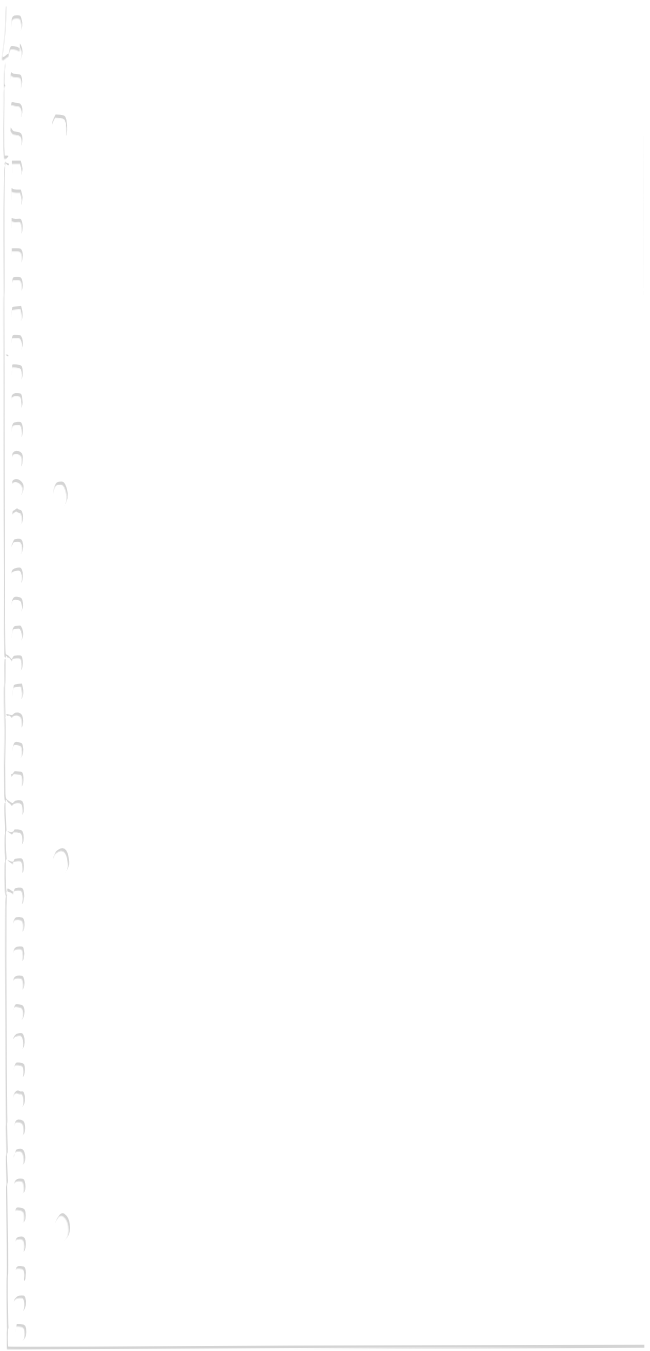

9th December 1965 |
First news of plans for Radio Scotland appear in the Glasgow Evening Times |
|
30th December 1965 |
Comet arrived at her anchorage |
|
31st December 1965 |
Transmissions for Radio Scotland begin at 11.50pm |


|
10th February 1966 |
Radio Scotland forced off the air after the Comet shipped over five feet of water in heavy seas. Radio Scotland was able to return to the air after Dunbar lifeboat delivered a heavy duty pump to the radio ship. |
|
** April 1966 |
Radio Scotland's management decided to tow the Comet around the north of the country to a new anchorage on the west coast, near Troon. |
|
** May 1966 |
The Comet eventually arrived off the west coast and from its new anchorage position Radio Scotland provided a much better signal to Glasgow and the west of Scotland. |
|
27th July 1966 |
The Bill to outlaw offshore broadcasting stations - |


|
13th March 1967 |
Radio Scotland was prosecuted Ayr Sherriff's Court for broadcasting within British territorial waters without a licence. City and County Commercial Radio (Scotland) Ltd., which pleaded guilty to the charge was fined £80. The station left the air while preparations were made to tow the Comet back to Scotland's east coast. |
|
7th April 1967 |
The Comet was towed to a position off Ballywater, Northern Ireland. From here transmissions started two days later under the call sign Radio Scotland and Ireland. The station's name was later changed to Radio 242. |
|
** April 1967 |
After just three weeks on the air from its Northern Irish anchorage transmissions from the Comet were terminated and arrangements were made to tow the Comet back to an anchorage off the east coast of Scotland. |
|
8th May 1967 |
Radio Scotland returns to the air from its new east coast anchorage. |
|
14th July 1967 |
The Marine etc. Broadcasting (Offences) Act receives the Royal Assent and will come into effect on 15th August 1967. |
|
14th August 1967 |
Radio Scotland closed at midnight |




















